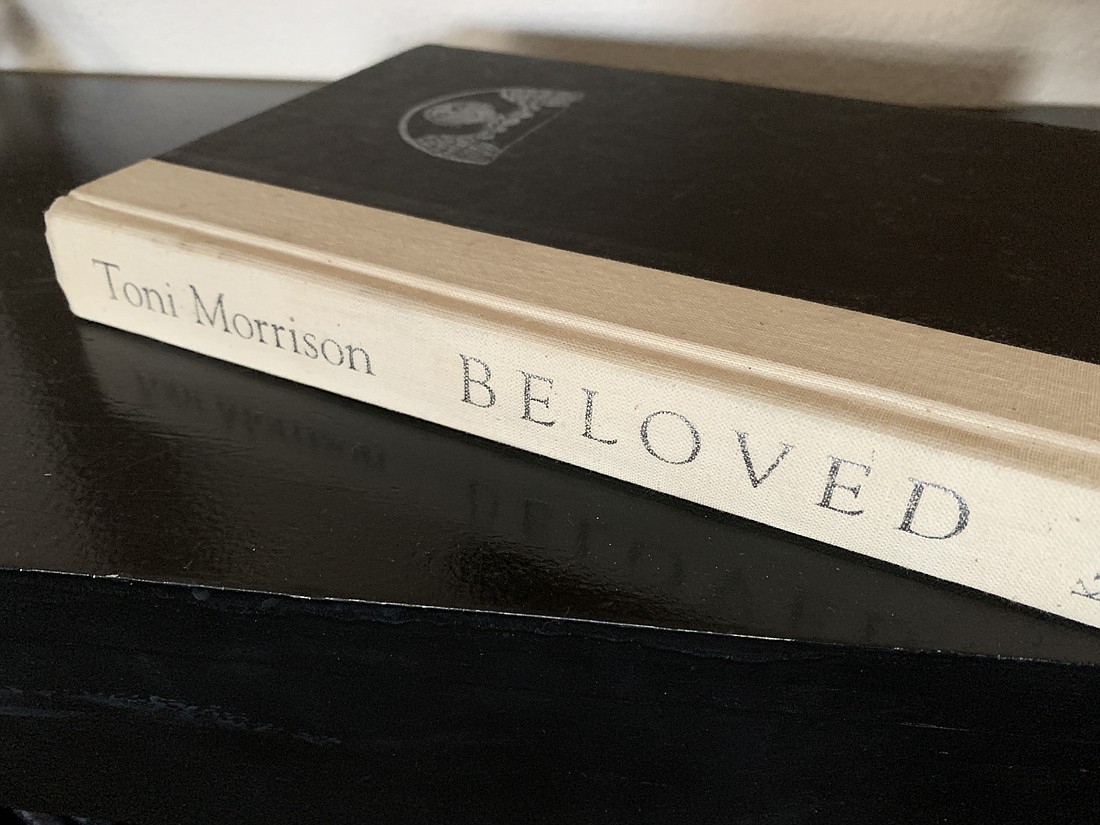- January 5, 2025
-
-
Loading

Loading

Dear Editor:
My family moved here in 2000, shortly after the devastating fires, allowing me the privilege of attending Wadsworth Elementary School and Buddy Taylor Middle School before they were conjoined, Flagler Palm Coast High School for a year, and finally, the privilege of being the first alumni of Matanzas High School once it was completed.
Reading was always a retreat for me, and I devoured every novel, biography, memoir, essay and allegory that I found something relatable in.
Many of the books that were on my prescribed summer reading list for my AP English and Literature as well as AP Language class are now the subject for debate. At the time, I found them quite controversial myself. However, beyond the so-called pornography and violence, there is a symbolic message — a deeper train of thought and meaning for those cerebral enough to look beyond the imagery and read between the lines. Something, evidently, not many children in our district are actually capable of doing, and apparently, neither are the fine adults that are arguing for the removal and exile of such literary works from our school's libraries.
In 2021, only 59% of third graders were considered “literate,” based on their standardized test scores. This is not an attack on the school system, but a plea for Jill Woolbright and others pushing for the banning of what is considered by the College Board to be accepted material.
I implore parents and the School Board to recognize that literacy is an issue in this day and age. It should not matter what books a child chooses to browse and digest. What matters more is that they're reading at all.
The internet is capable of exposing your children to far worse than what may be imagined from the imagery conjured in any novel. Far worse, your child is also capable of making contact with those who distribute or even enjoy such pornographic materials online, where all are connected. Reading about an occurrence that may relate to an experience your child may have had or even could have, no matter how obscene you may interpret it to be, does not put them in any amount of danger, whereas, the internet offers outlets for predators and drug rings.
If my own child chose reading a book over chatting on Instagram or Snapchat, playing an online game, or taking selfies, I would leave them to it. The world is a scary place, but those scary things are only in the confines of pages — a safe, controlled environment.
Moreover, I dedicate this article to the teachers I had in high school that challenged me with material that I would have otherwise overlooked. Those that showed me how to read between the lines of literature and rhetoric and gave me a more understanding take on the world that I believe would have never developed without their guidance to read “Beloved,” “The Color Purple,” by Alice Walker, “Things Fall Apart,” by Chinua Achebe, and many other African American authors who would have been overlooked. Their messages are still relevant today, no matter how unpleasant we may see them.
They present these harsh realities in a safe, controlled environment, conducive to higher thought and critical thinking, a concept that our schools are, ideally, there to simulate and embody. Banning a few titles that offend or are seen as obscene will only hurt your child's education, while the internet imposes a far more precarious situation — but we cannot ban the internet.
Samantha Luck
Palm Coast
Dear Editor:
Years ago, a political consultant coined the saying “perception is reality,” and although we may not really know the true motives of a Flagler School Board member in the attempted banning of certain books from school libraries, what we do know is that the four books on the purge list are acclaimed works addressing racial and gender identity issues, with three of the four written by African Americans. And that is how perception comes into play.
This board member’s censorship mission begs the question: Why were these particular books were targeted? Given the authors’ race and the LGBTQ topics, it’s not unreasonable to draw the uncomfortable conclusion that these book-purging efforts may be based on a racist and homophobic mindset. And, although it could be viewed as presumptuous to apply such a label, it may actually be unavoidable because perception becomes, and really is, reality. The board member and the School Board will have to live with how these book banning motives are perceived, whether or not they were based upon a racial and gay bias.
Jill Stein
Palm Coast
Dear Editor:
Everyone should read the "true" histories of Abraham Lincoln and Fredrick Douglass. They were equally poor and equally unassisted by government. They mostly educated themselves and both became very prominent on their own. Eventually Lincoln became a president and Douglass became a minister to Haiti.
No one group of people is smarter or dumber than another. We are all the same when we are born. If we practice real equality, without interference or intervention, all groups will have natural equity.
Jean Sbertoli
Flagler Beach